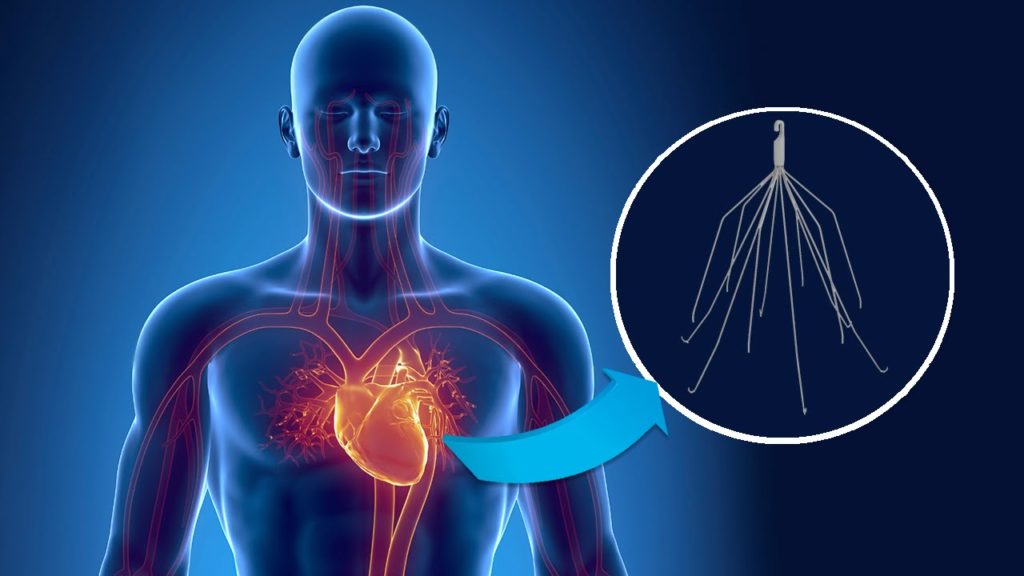People who don’t respond to or cannot take blood thinners and anti-clotting medications are often recommended by their doctors to have an IVC (inferior vena cava) implanted. Over the past 10 years, the surgical implantation these devices have increased. The filter is designed to prevent major health issues such as heart attacks, strokes, pulmonary embolism, and other life-threatening conditions. Unfortunately, IVC filters also can cause serious injury and have side effects.
Safety of IVC filters
Many medical professionals have testified IVC filters are unsafe, have a high failure rate, and bring on severe complications. Despite warnings, IVC filters are still steadily implanted in U.S. patients. The only thing likely to stop these implants would be an IVC filter recall, however, at this time, the FDA has issued warnings. In 2010, the federal agency confirmed the IVC devices had problems. In 2014, the FDA updated its warning with recommendations for removal after two months and/or soon as the device is no longer needed. However, many patients are left with these devices implanted which have led to many injuries and side effects.
Injuries associated with IVC filters
For several years now there have been numerous complications associated with IVC filters, which are primarily manufactured by four medical device companies, Cook Medical, R. Bard, Cordis, and Boston Scientific. Dangerous issues associated with IVC filters include:
- IVC breaks apart and metal parts travel through the bloodstream, potentially puncturing the heart, veins, or other organs.
- Device moves from its original placement, preventing doctors from being able to properly remove it.
- Filter fails to work as designed and blood clot reaches major organs anyway.
- Filter migrates to other parts of the body.
- Fractured pieces travel through the body
Some of these defects also cause blood clots. In 2015, the Journal of the American Medical Association (JAMA) published a study that said people who have IVC filters implanted are more likely (2x) to suffer from pulmonary embolisms than people who are prescribed blood thinners as a treatment.
Side Effects caused by IVC filters
If the IVC filters are left in for too long, they may become too difficult or risky to remove. Yet, leaving a defective device in could lead to several dangerous side effects.
- Chest pain and/or shortness of breath
- Inflammation
- Hypotension
- Irregular heartbeat
- Increased blood clots
- Confusion/lightheadedness/fainting
- Internal bleeding
- Stroke
- Death
To date, there have been at least dozens of deaths and hundreds of complaints associated with device failures and complications. It is estimated millions of people currently have IVC filters implanted.
At this time no IVC filter recall has been initiated, but if you currently have an IVC device implanted, you should consult with your doctor to discuss having it removed or checked to ensure it’s still intact and not deteriorating. If it does, you could be at risk for one or more of the above injuries and side effects.
Source
https://pulmccm.org/cardiovascular-disease-review/inferior-vena-cava-filters-placement-often-misguided-unhelpful-rarely-removed-jama-int-med/,
https://jamanetwork.com/journals/jamainternalmedicine/fullarticle/1669107, https://www.sciencedirect.com/science/article/pii/S0741521408001997,
https://www.consumersafety.org/medical-devices/ivc-filters/
https://www.ncbi.nlm.nih.gov/pmc/articles/PMC3036364/
https://www.ncbi.nlm.nih.gov/pmc/articles/PMC5220210/




